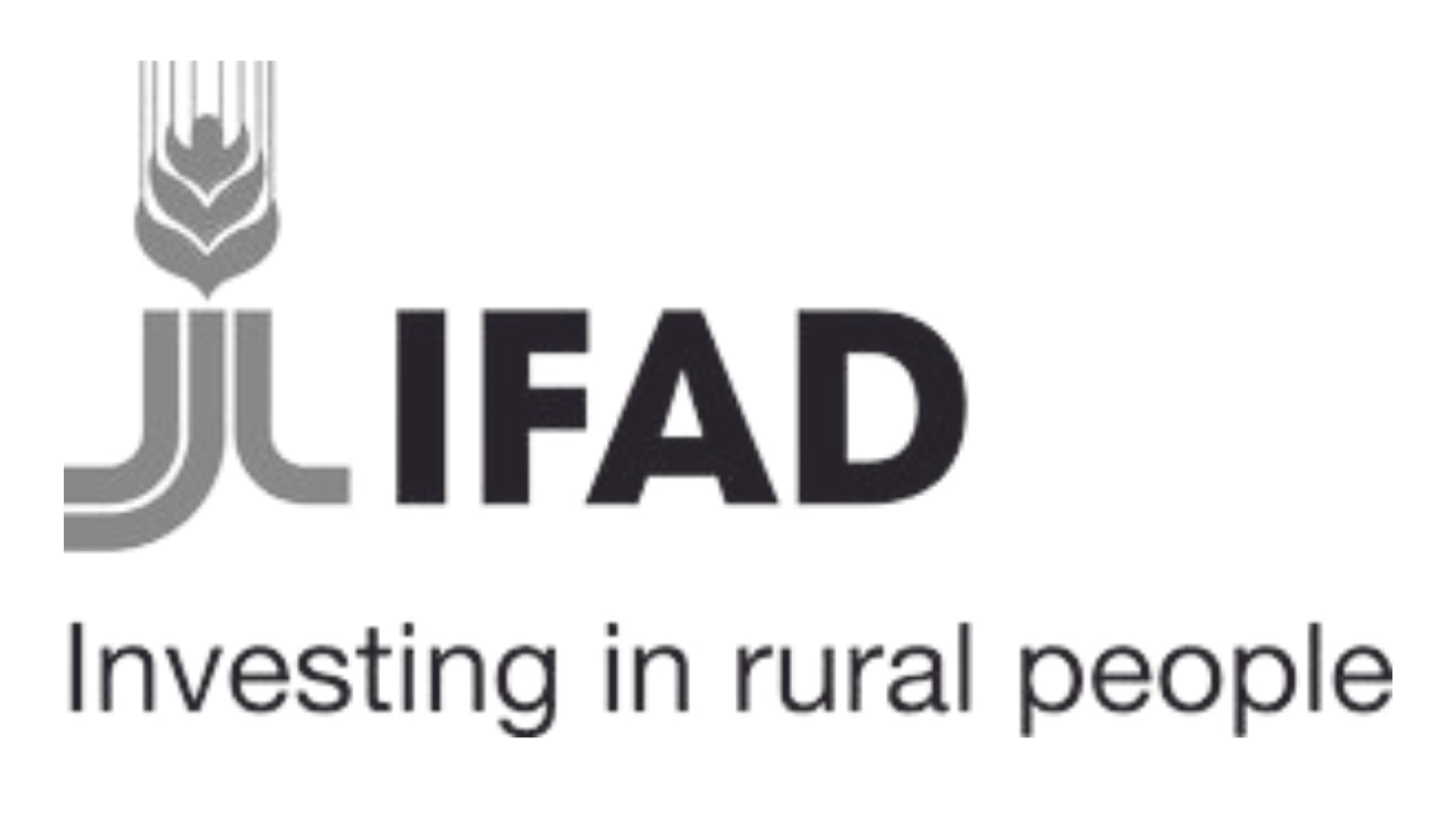Background
International web conference: Multidimensional Resilience - Smallholder Producers and Farmers Managing Risks, 9th – 11th June, 2020
Farmers and forest producers directly depend on and influence lands they are managing, contributing to larger agricultural landscapes, forest landscapes and mosaic landscapes of diverse land uses. They depend on, manage and/or influence various production systems and value-chains, and naturally, consume the products.
Throughout history, farmers have generated responses and strategies aiming for greater livelihood resilience. The elements of resilience are complex and built on experience and innovations. The risks affecting production and markets are not limited to climate change and hazards, but smallholders around the world aim to prepare for multiple threats varying from slow- to rapid - onset events. The recent Covid-19 pandemic has again revealed new vulnerabilities in the production systems and along the value-chains. Greater efforts to enhance self-organisation, learning and adaptation are needed, as farmers prepare for addressing both changing climate and various non-climatic stresses.
FFPOs are member-based associations, cooperatives and other organisations, that bring together producers within a certain geographic scope. They have important information on landscape level yields and production related risks and have a great interest in maintaining future production capacity. FFPOs have the capacity to bring together a critical mass of people who manage land and natural resources at the landscape level and who can significantly influence ecological and social processes in that landscape. They contribute to a wide range of products, economic well-being and provide extension services as primary actors in equitable and efficient value-chains. They are often ignored in landscape level decision making and coordination mechanisms aiming for climate resilience and disaster risk reduction. This again creates vulnerability for smallholder value-chains, as the control over the inputs, production and markets in times of crisis can be limited and increases risks to livelihoods and the viability of FFPO enterprises.
Crisis can push people into poverty, increase gender inequality and lead to unsustainable management of ecosystems. Smallholder decision making has direct effects on land-use and production systems, and their level of organisation affects greatly the degree of impact of various disasters. As new actors emerge, others are repositioning themselves. In this moment of crisis, such disruptions could offer opportunities for producers and those who are able to link farmers to markets, information and vital social and cultural services. Strong FFPOs have the capacity to maintain functional production systems, ensure sustainable resource management and provide safety nets for their members and communities in times of stability and crisis.
Climate change and resilience of smallholders
Climate change is characterized by uneven impact on world’s population and ecosystems. Higher average temperatures, changes in precipitation, extreme weather events and rising sea levels generally making poor countries poorer. Climate change is creating hazards with major impact on forest and farm producers, which are often disproportionately affected compared to other segments of the world population.
Farmers and forest owners in Africa, Asia and Latin America are often amongst the most vulnerable to the impacts of climate change. They also hold a crucial role in global mitigation efforts, as in many parts of the world these land managers are primary agents in creating new land-use based sinks. Their role in food security should not be underestimated; in many regions of the world, smallholder agriculture and family farming currently contribute to most of the calories consumed. On the other hand, they often need to purchase food to complete their diet. Climate change is expected to jeopardize their production, particularly when they are dependent on one or two crops or even single varieties of crops which can be destroyed by severe climate events. Women producers often face additional constraints and increased burdens from crises, including the current COVID-19. In addition, low-carbon development requires producing more with less emissions. Participation of FFPOs is crucial, if the objective is to achieve mitigation targets without compromising food security, livelihoods and other ecosystem services that landscapes can offer.
FFPOs have a great interest to respond to the adaptation needs of their members and climate resilient production. With capacity and resources in place FFPOs offer a great mechanism to boost adaptation and ensure climate resilience of production systems. They should be at the forefront of efforts to develop innovative approaches to respond in new ways that are more equitable and sustainable in the long term as well.
Effects of Covid 19-pandemic on resilience of FFPOs supply chains
Crises such as the Covid-19 pandemic strongly influence agricultural and forestry sectors by limiting farmers access to market, decreasing availability of the labor force and fuel due to transport restrictions. Export restrictions reduce trade and disrupt cross-border supply chains of smallholder farmers and forest producers. Limited availability of seeds and fertilizers needed at the beginning of the growing season can have dramatic impact of food security. Lack of transport and storage facilities can lead to large quantities of food waste and shortage of income for farmers.
When sustainability of agricultural supply chains is disrupted, it can quickly lead to a decline in urban and rural food security. Livelihoods of small producers can suffer long-term effects if producers are unable to prepare for a new harvest season or if they have to sell their productive assets. Demand for wood and charcoal can increase when availability of other energy sources decreases. This in turn can trigger deforestation or degradation of forests.
Emphasis needs to be placed on the resilience of smallholder farmers and forest producers in case of crisis as vital actors in supply chains and food systems. This can be secured through understanding and mitigating the risks within value chains and markets, looking for innovative solutions to strengthen the resilience of smallholder farmers.

















